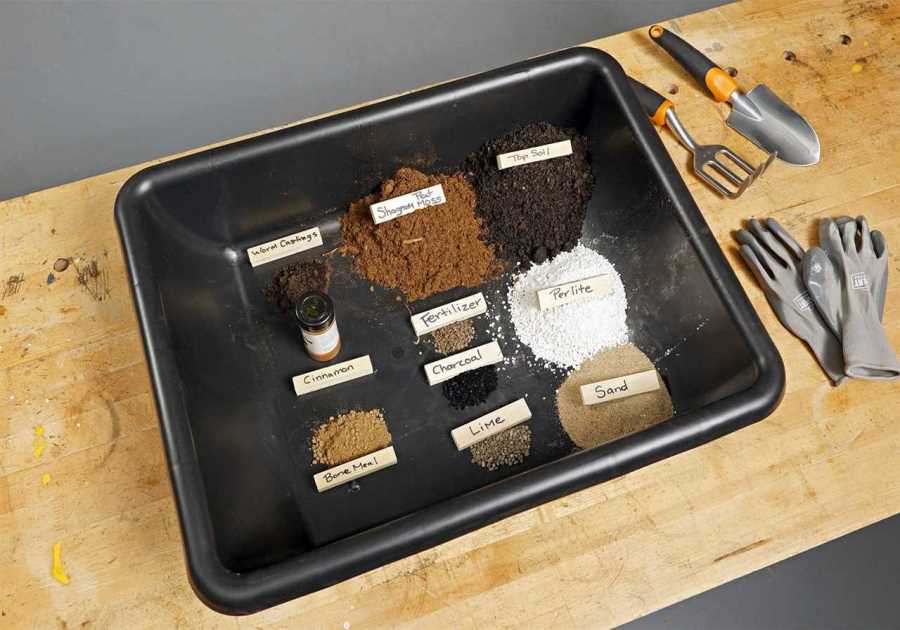
Have you ever wanted to try something new, only to find yourself stuck in a rut?
Opening yourself up to try different things can lead to discovering new passions, new relationships, and build confidence to expand your horizons. As exciting as all of this may sound, opening yourself up to new opportunities presents unique challenges to those of us over 60.
What are the benefits of trying something new? What kinds of challenges may show up? And what kind of strategies can you initiate to overcome challenges and confidently venture into new ways of being?
In the sixth of an eight-part article and video series on “Being Enough After 60,”we will answer these questions and more.
Why Try New Things?
Each of us has different reasons for why we want to explore new things in life. When asked what your reasons are, how clear are you on what you want to do, be, and experience that is new?
It’s not enough to simply say you want to meet new people, visit a new place, or get in better shape. The more specific and clear you are about why you want to try new things, the easier it will be to experience the benefits of actually doing it. Here are some of the many benefits to help you explore your personal motivations:
- Continued Growth & Learning
- Love Yourself More
- Rediscover Old Passions
- Overcome Limiting Beliefs
- Add Some Spice to Your Life
- Boosts Self-Confidence
- Fosters New Connections
- Create New Memories
- Maintaining Vibrancy
- Enhance Personal Fulfillment
Take time to process these benefits and expand on them by journaling what they mean to you. Be sure to add in your own personal benefits beyond just the ones I’ve listed.
What Gets in the Way
On some level, we all face challenges and obstacles when attempting to try new things. Through the power of self-love, newfound awareness and armed with the right strategies, these challenges can be overcome rather easily.
Here are some common challenges and ways you can successfully address them:
Physical Limitations
Physical health concerns or limitations can make new activities appear daunting at first.
Strategy: Choose new activities that align with your physical capabilities and consult healthcare professionals if needed. Also, adapt activities to your comfort level and build on them as you progress.
Fear of the Unknown
Trying new things brings you into unfamiliar territory, which can hold you back from trying new things if you fear the unknown.
Strategy: Start with easy, low-risk activities to build your confidence. Embrace curiosity and approach new experiences with an open mind.
Self-Doubt
Negative self-perceptions can fuel doubts about your ability to learn or enjoy new activities.
Strategy: Practice self-compassion and challenge self-doubt by focusing on your strengths and past successes. Remind yourself that growth in any area of life comes from stepping out of your comfort zone.
Lack of Confidence
A lack of confidence in your self-worth and abilities can hinder you from trying new things.
Strategy: Set achievable goals, break them down into smaller steps, and celebrate your progress along the way. Surround yourself with supportive individuals who believe in your potential.
Social Isolation
Social isolation and feelings of loneliness can make it harder to find opportunities to do new things or seek out companions to share new experiences with you.
Strategy: Whether it’s online, offline, or both, take the initial steps to join clubs, classes, or online communities centered around your interests. This helps you connect with like-minded people and expand your social circle.
Fixed Mindset
A fixed mindset limits opportunities for new things and can persuasively discourage you from even thinking about them.
Strategy: Cultivate a growth mindset by acknowledging that new skills and knowledge can be learned and improved with effort and practice.
Time Constraints
Responsibilities and commitments can make it challenging to find time for new activities.
Strategy: Prioritize activities that align with your schedule and interests. Consider time management techniques to create space for new things.
Financial Concerns
Limited financial resources may restrict access to certain activities or experiences.
Strategy: Explore cost-effective options, such as free community events, local workshops, or discounted memberships. Focus on experiences that offer the most value to you.
Cultural and Societal Expectations
Societal norms and cultural expectations might discourage you from stepping outside of traditional roles after sixty.
Strategy: Challenge these outdated norms by setting your own goals and priorities. Remember your personal growth and happiness matter.
Not Feeling Enough
You might question the relevance of your desires or place doubt on your personal worth for trying new things after sixty.
Strategy: Reflect on how new experiences and new people positively contribute to your personal growth, well-being, and enjoyment.
By acknowledging both the challenges and benefits of trying new things, you make it easier to apply proper strategies to experience your desires.
I invite you to join me in the video where I will share 15 additional steps you can take to try new things. I will also guide you through three journal prompts to help you integrate what you are learning into your life.
Let’s Have a Conversation:
How are you opening yourself up to new things? What new things excite you and give you purpose? How does it feel to start something new at this stage in your life?
------------------------------------
By: Joanie Marx
Title: Opening Yourself Up to Try New Things
Sourced From: sixtyandme.com/try-new-things/
Published Date: Fri, 07 Jun 2024 21:18:00 +0000
Did you miss our previous article...
https://conservativedailytimes.com/lifestyle/things-to-do-before-visiting-vietnam
.png)





